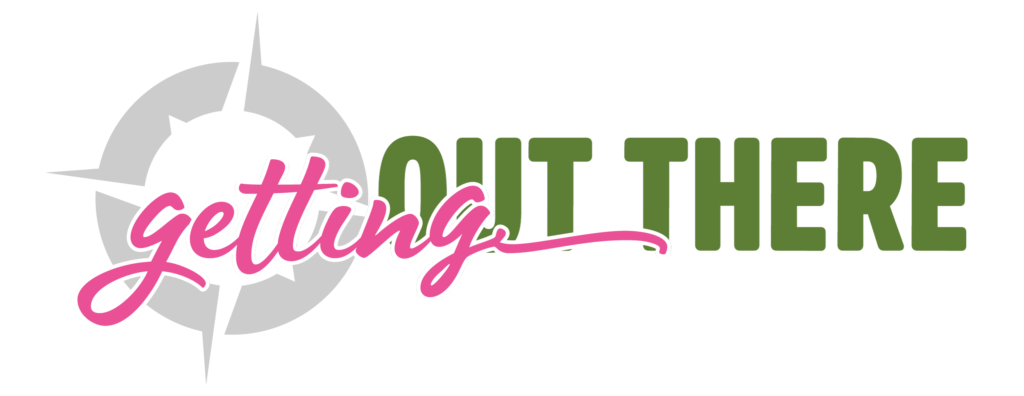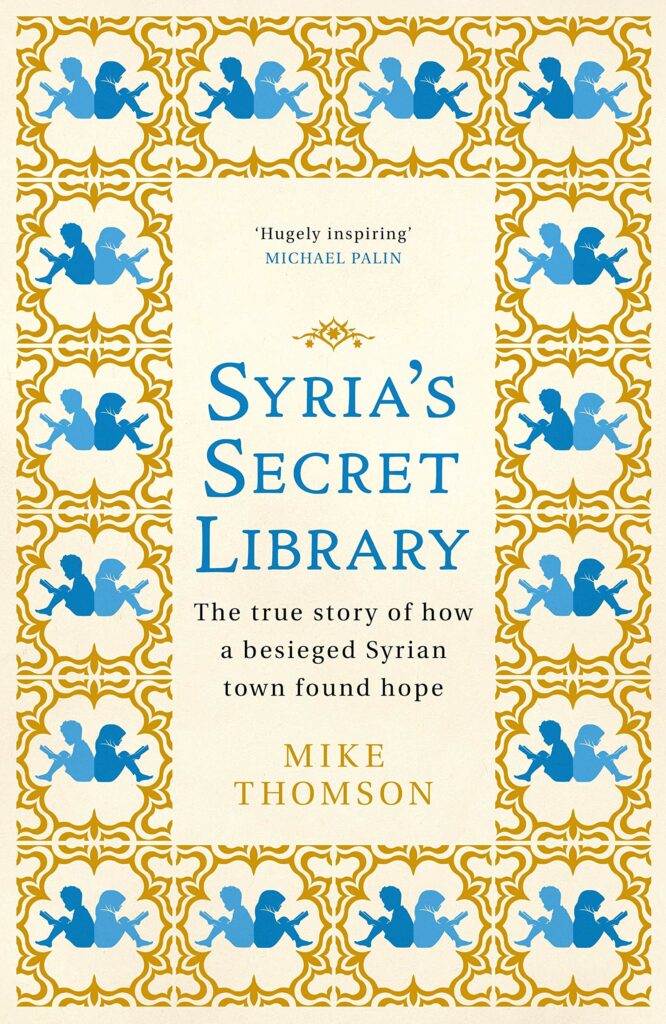The extraordinary story of how the besieged Syrian town of Daraya found hope and inspiration in a secret underground library. Daraya lies on the fringe of Damascus, just south west of the Syrian Capital. Yet it lives in another world. Besieged by Syrian government forces since 2011, its people were deprived of food, bombarded by bombs and missiles, and shot at by snipers. Its buildings lay in ruins; office buildings, shops and family homes shattered by the constant shelling from government forces. But deep beneath this scene of frightening devastation lay a secret library. No signs marked its presence. While the streets above echoed with rifle fire and shelling, the secret world below was a haven of peace and tranquillity. Books, long rows of them, lined almost every wall. Bloated volumes with grand leather covers. Tattered old tomes with barely readable spines. Pocket sized guides to Syrian poetry. Religious works with gaudy gold-lettering and no-nonsense reference books, all arranged in well-ordered lines. But this precious horde of books was not bought from publishers, book warehouses, or loaned by other libraries. Many people had risked their lives to save books from the devastation of war. Because to them, the secret library was a symbol of hope — of their determination to lead a meaningful existence and to rebuild their fractured society. This is the story of an extraordinary place and the people who made it happen. It is also a book about human resilience and values. And through it all is threaded the very wonderful, universal love for books and the hope they can bring.
Syria’s Secret Library
I’ve never cried reading a book before. Sure, I’ve found many sad, gripping, infuriating books that have left their mark, but this remarkable story of a small town of rebels under siege by Syria’s government is something special.
A group of peaceful students decides that books — the knowledge they impart, the escape they provide from a life of horror and tragedy — are more important than anything else. They live and die by the old saying that the pen is mightier than the sword. So they set about collecting a town’s books together into a secure place, all the while being shot at, bombed, starved, denied medical treatment, for four years.
When one thinks of stories of fighting, and what it means _to fight_, one tends to think of picking up a weapon and facing an enemy. Some of these students do that, of course, and join the Free Syria Army, and hold back the regime’s soldiers against massive odds for many years. But the true fight is an ideological and psychological one, and in their literary sanctuary, filled with books that are banned and savouring knowledge and learning above all else, they stick it to the government and plan for a better future for their revolution.
Reading about children like fourteen-year-old Amjad, and his passion for the library where he becomes Chief Librarian and devotes himself to its operation before losing his enthusiasm and spirit when it’s destroyed, or twelve-year-old Islam, who teaches her mother to read and dives into books, but is similarly robbed of her spirit and dreams for the future by the daily horror of war, is so heartbreaking. Despite this, the biggest lesson I took from reading this book is that the Syrian people are remarkably resourceful, resilient and a (rightfully) proud people.
Hopefully one day that will be enough to help them return from the depths that their country now finds itself.

